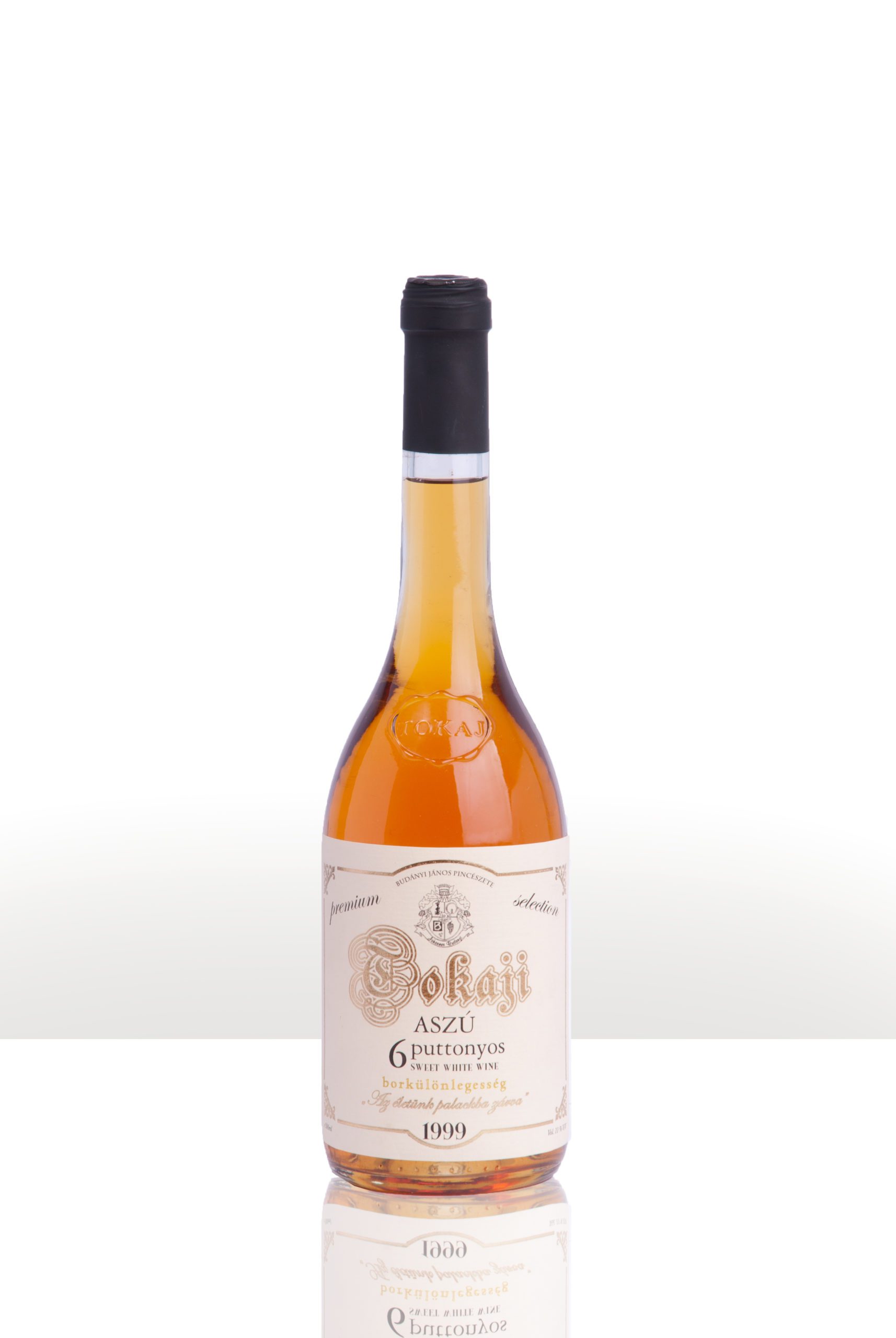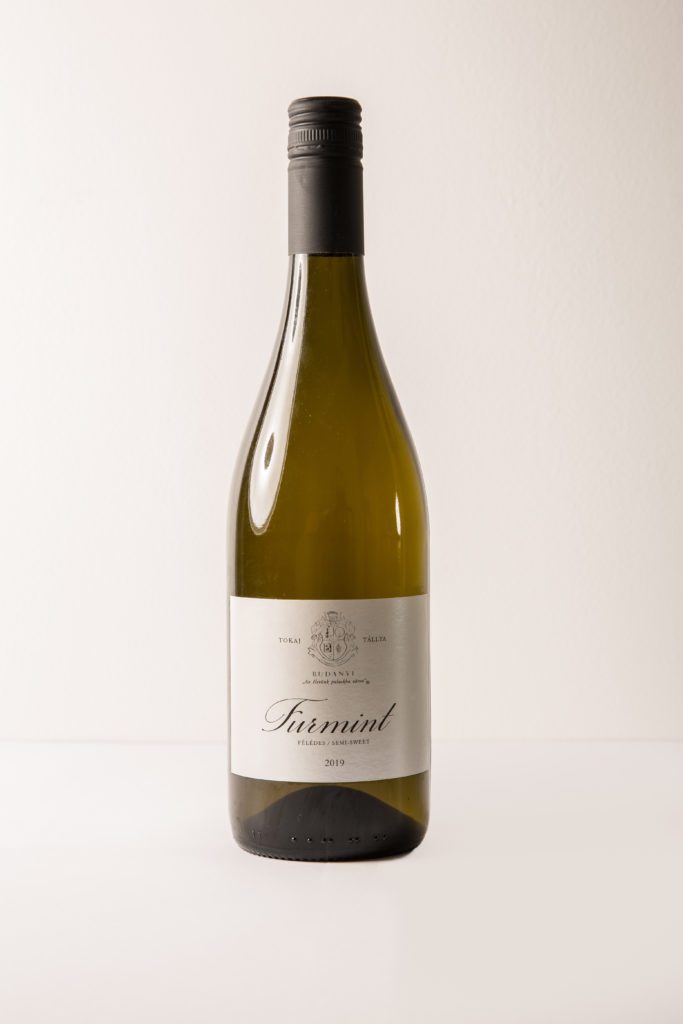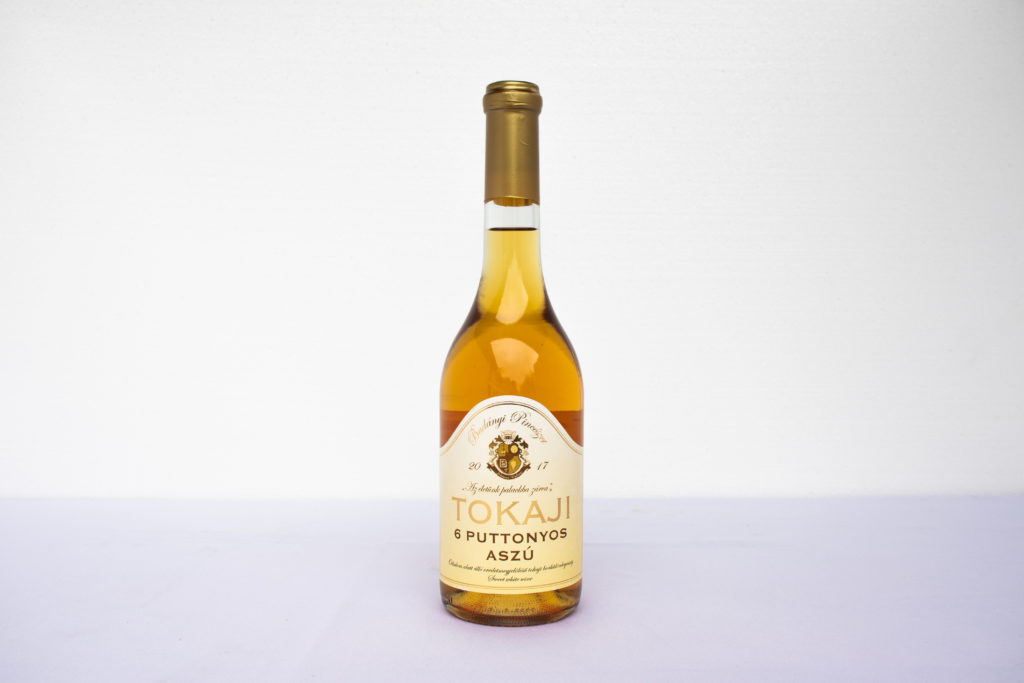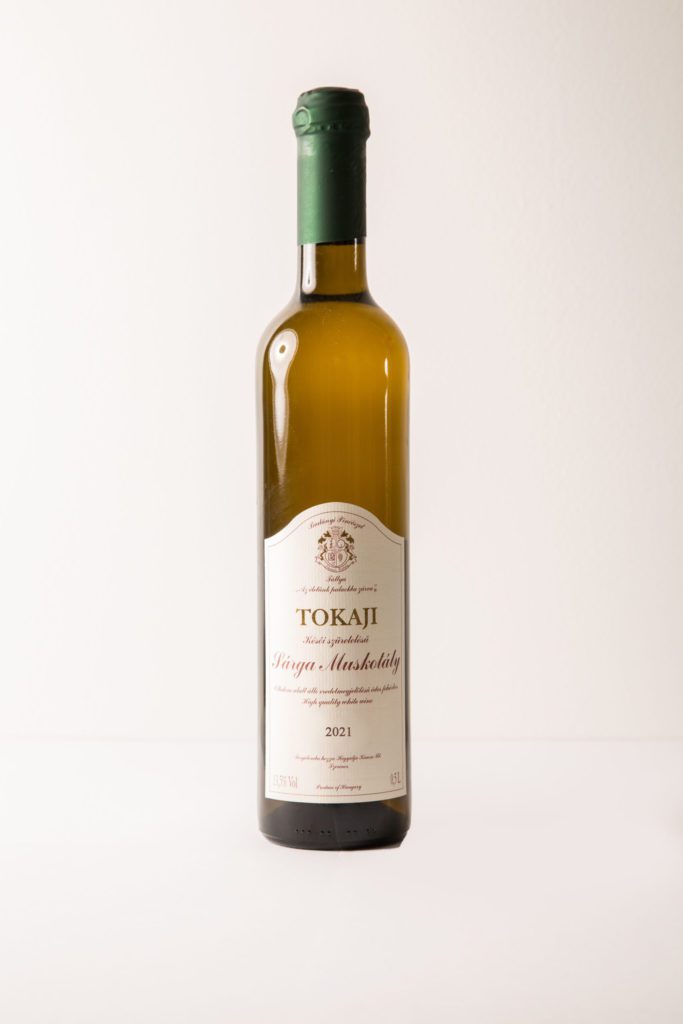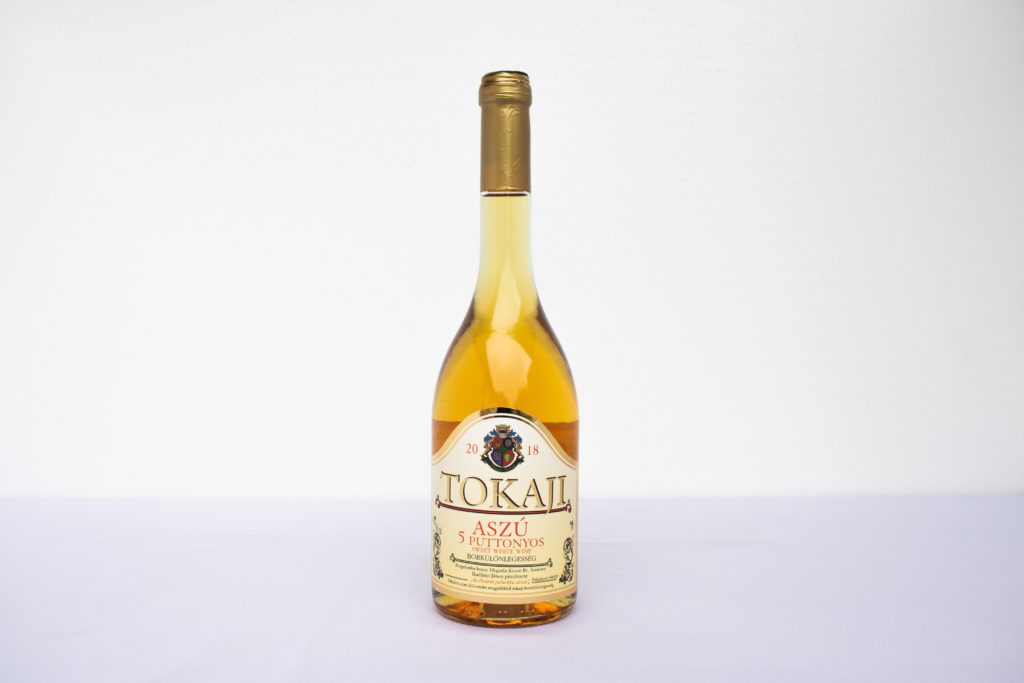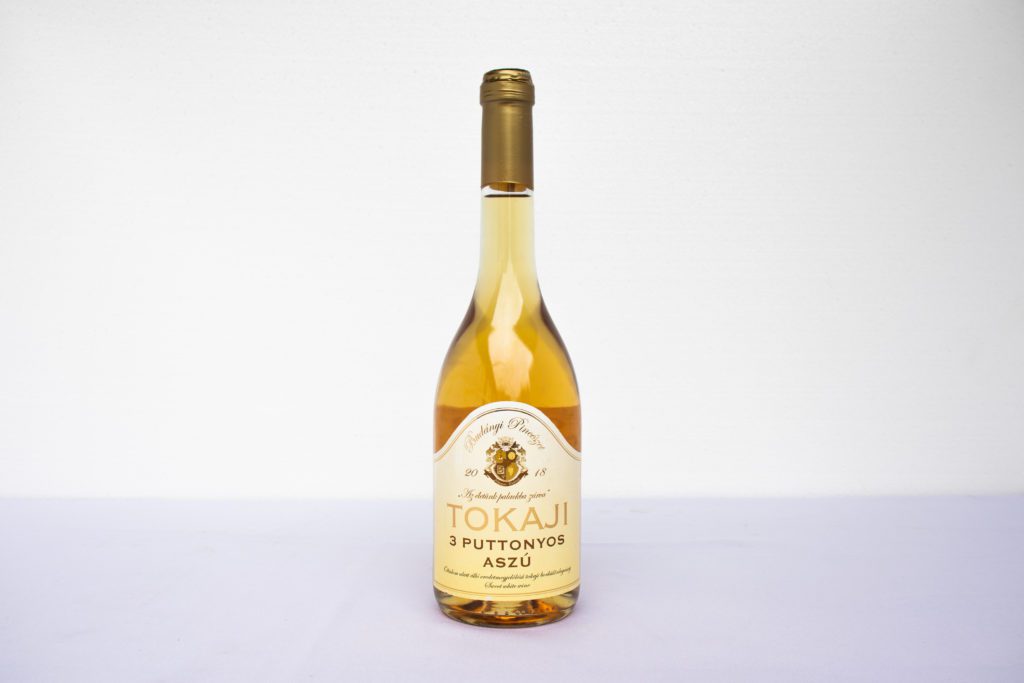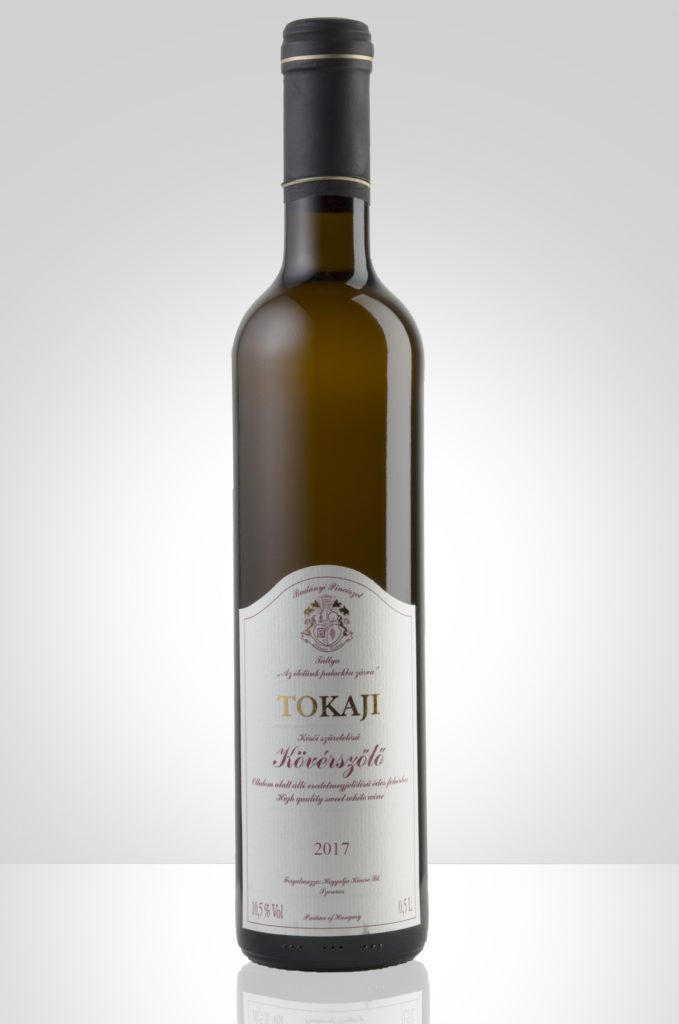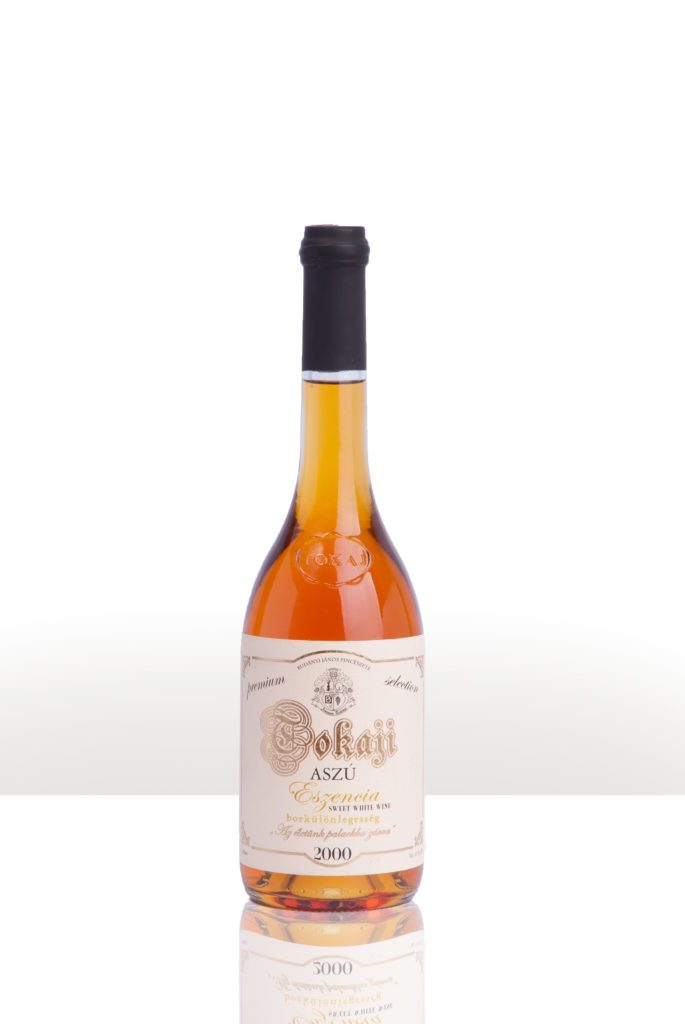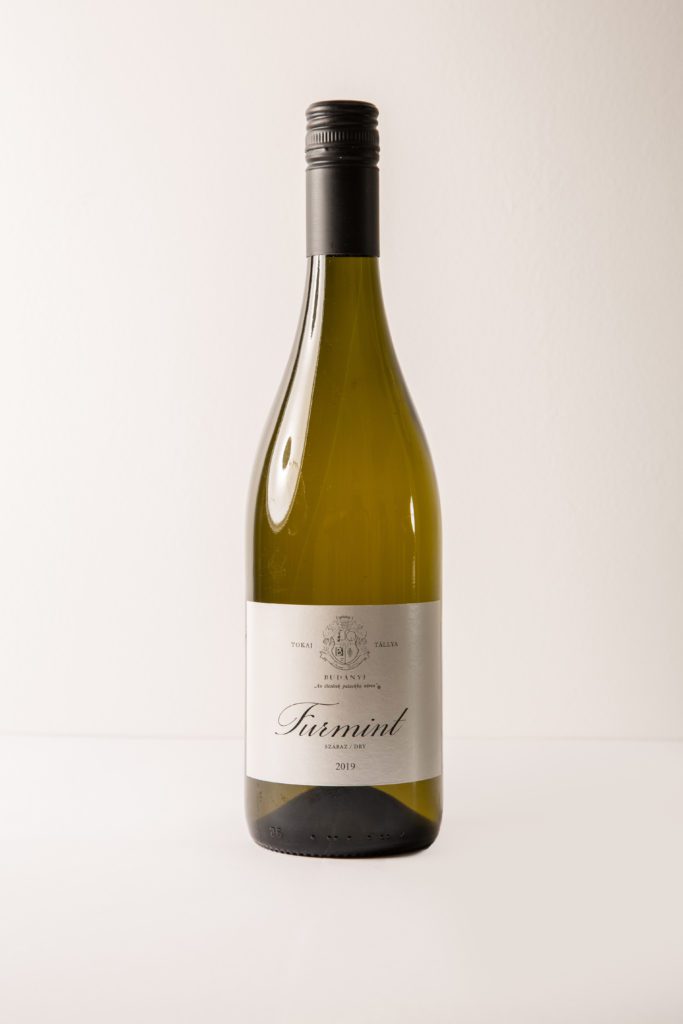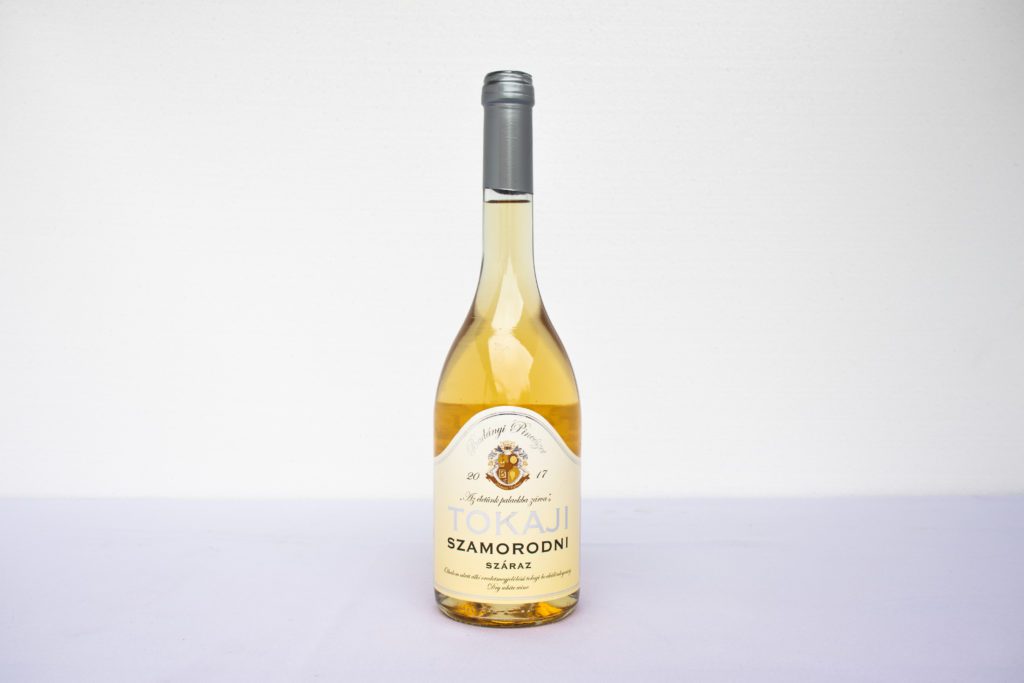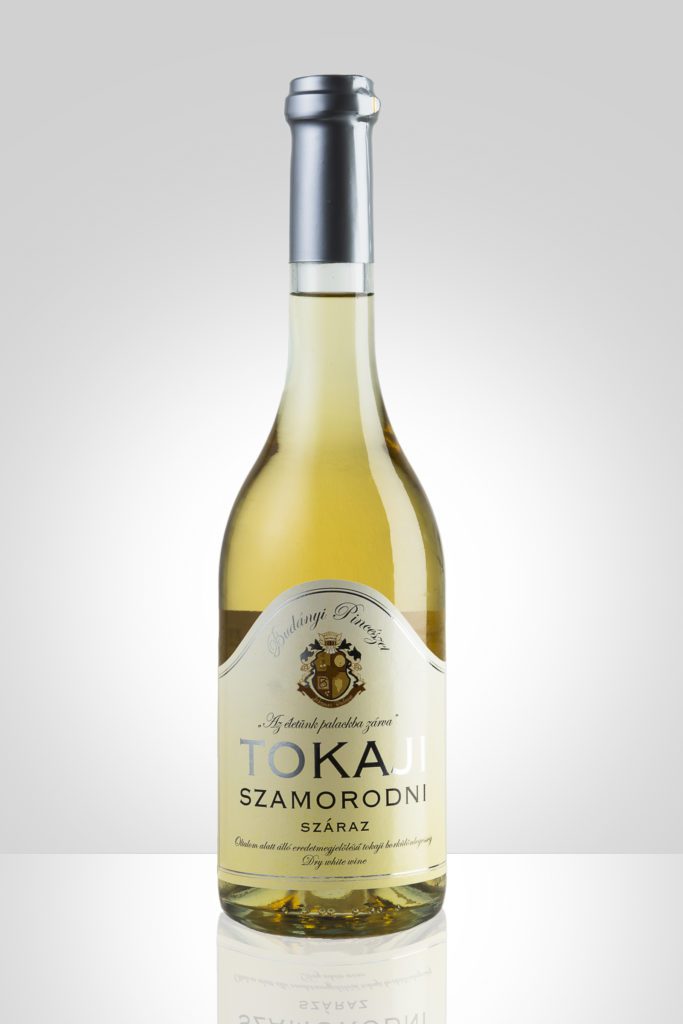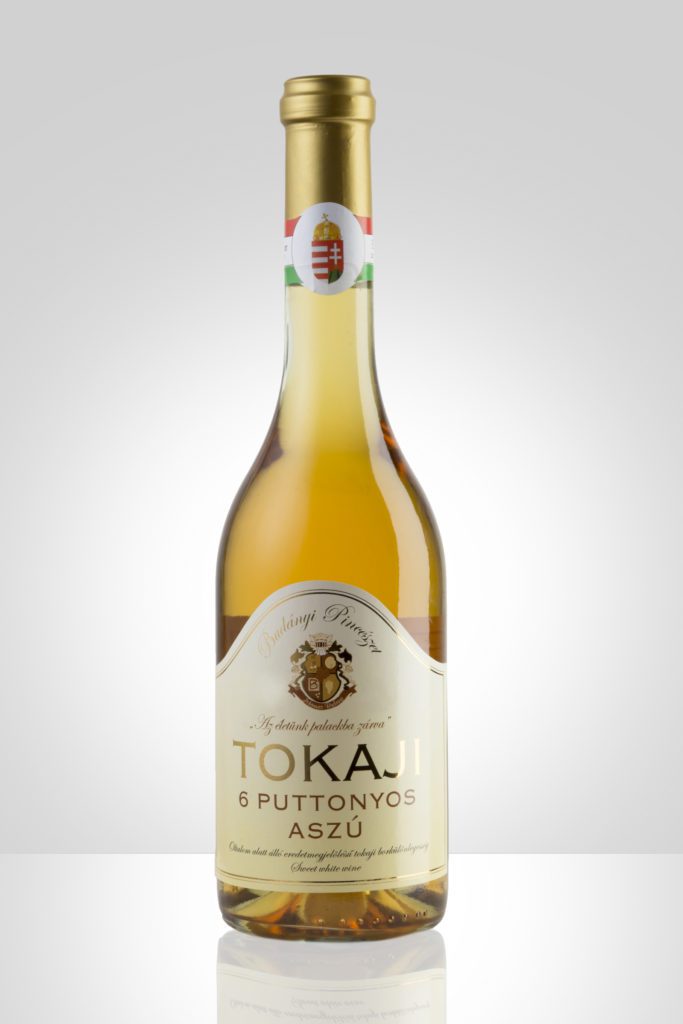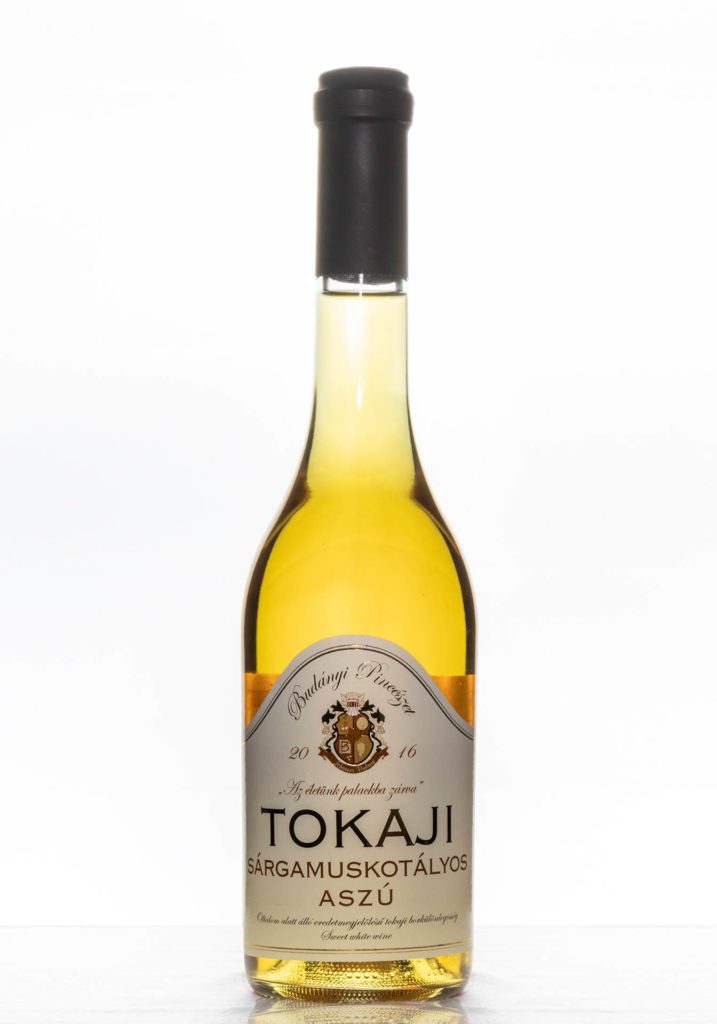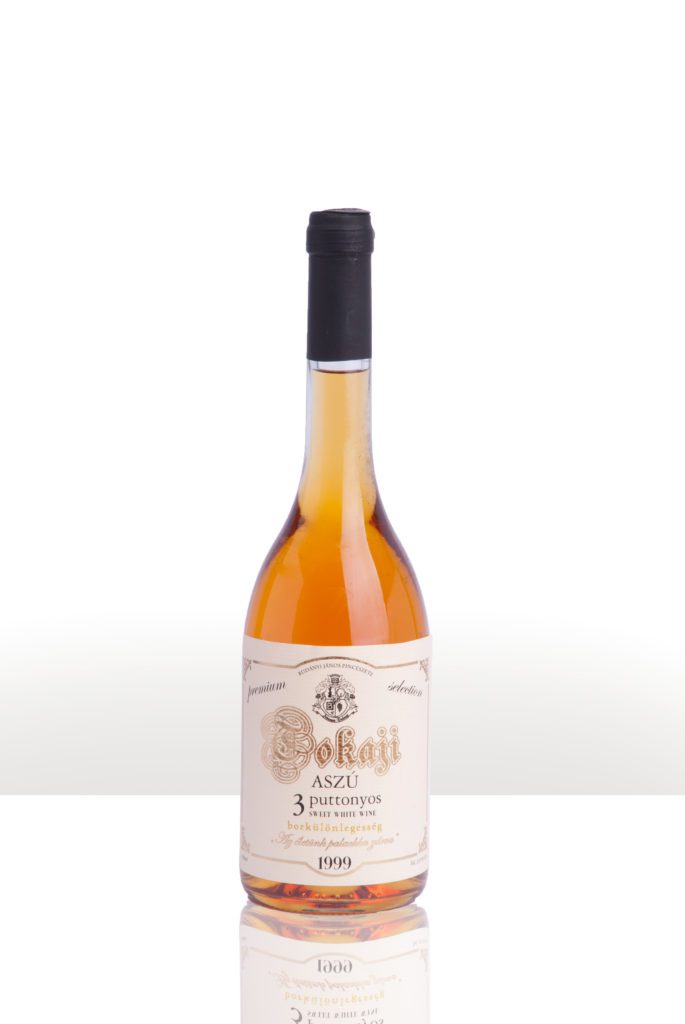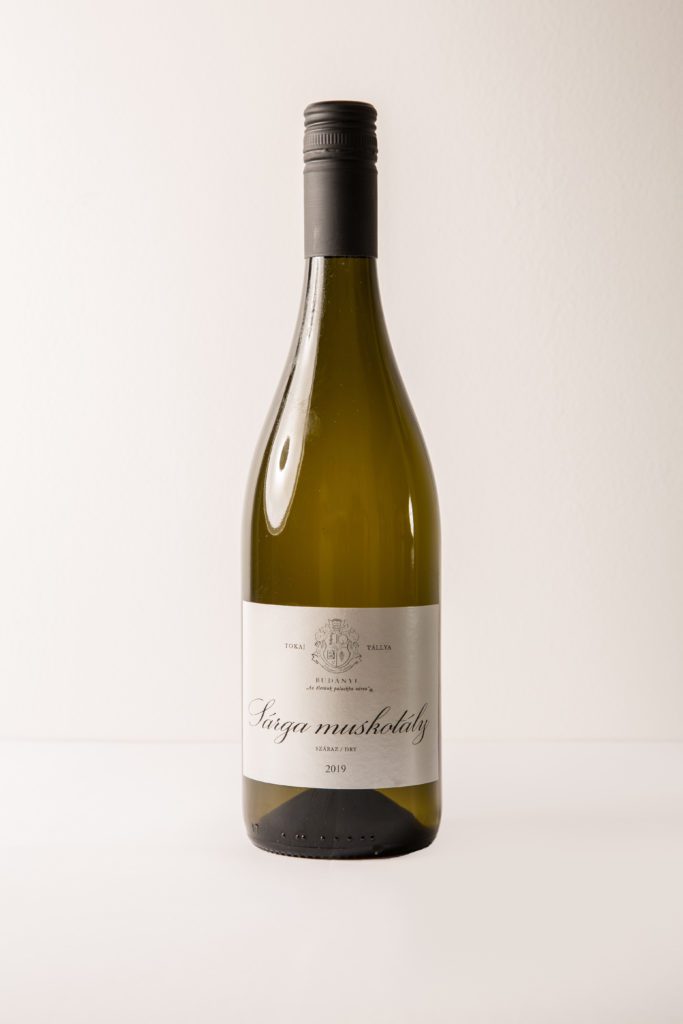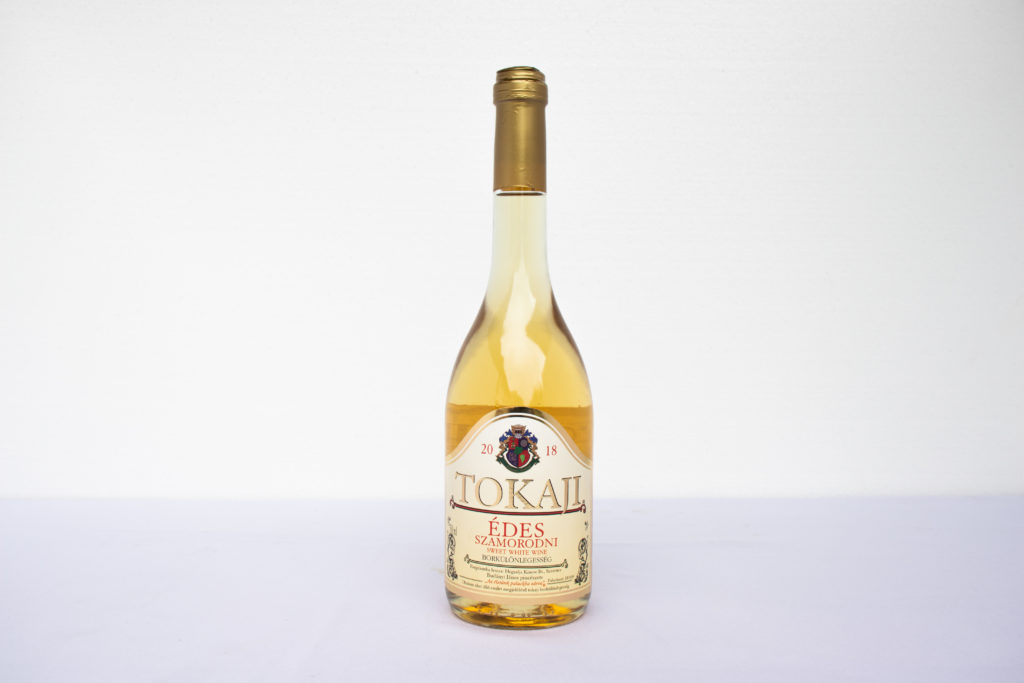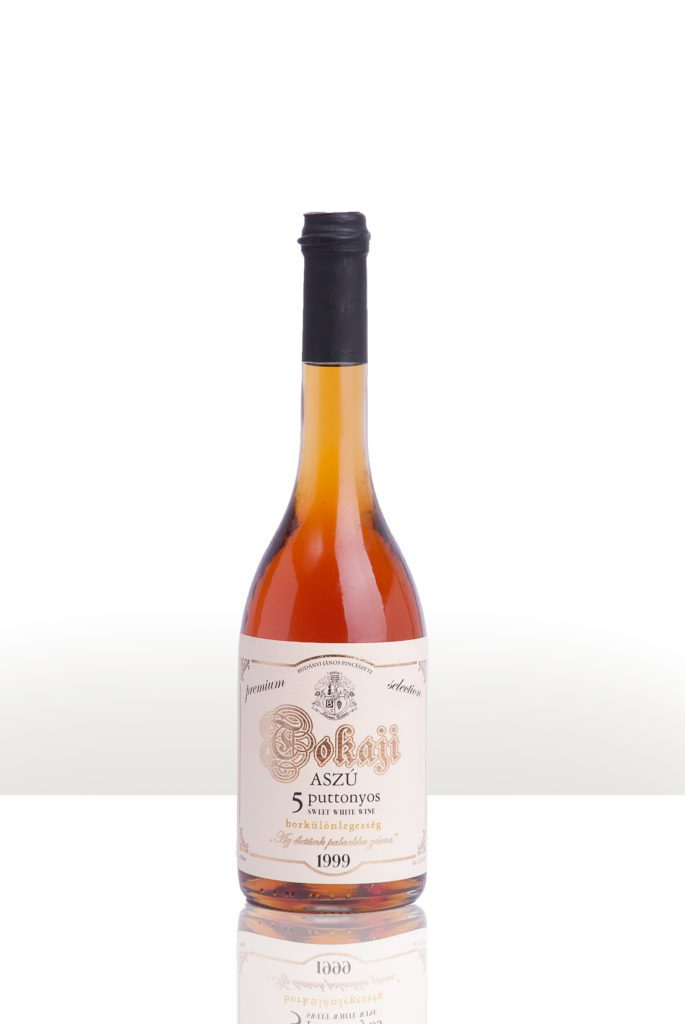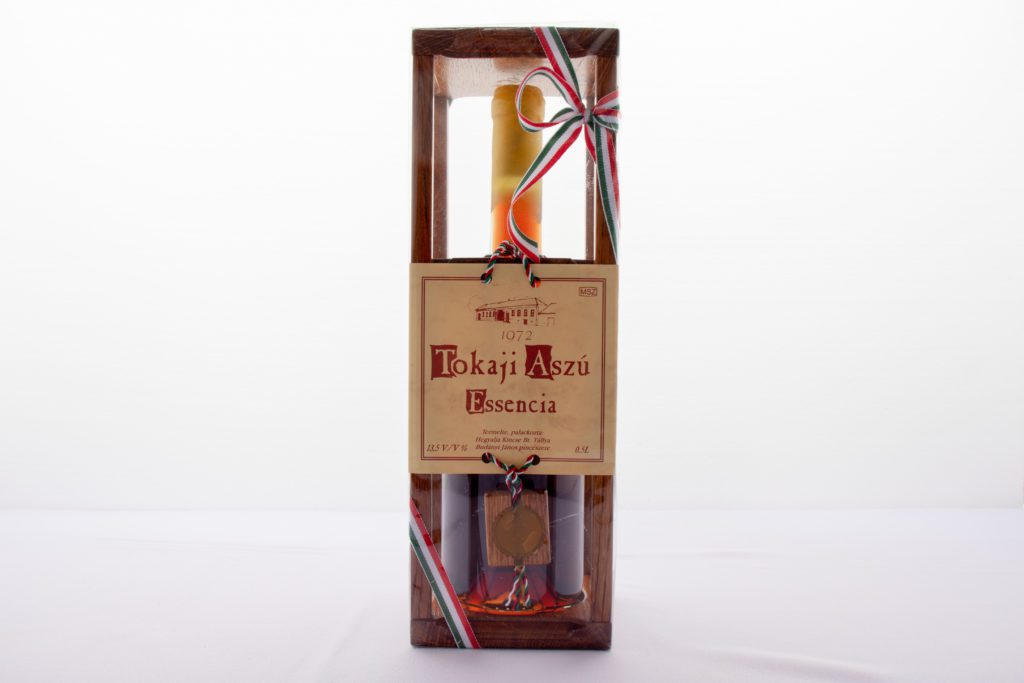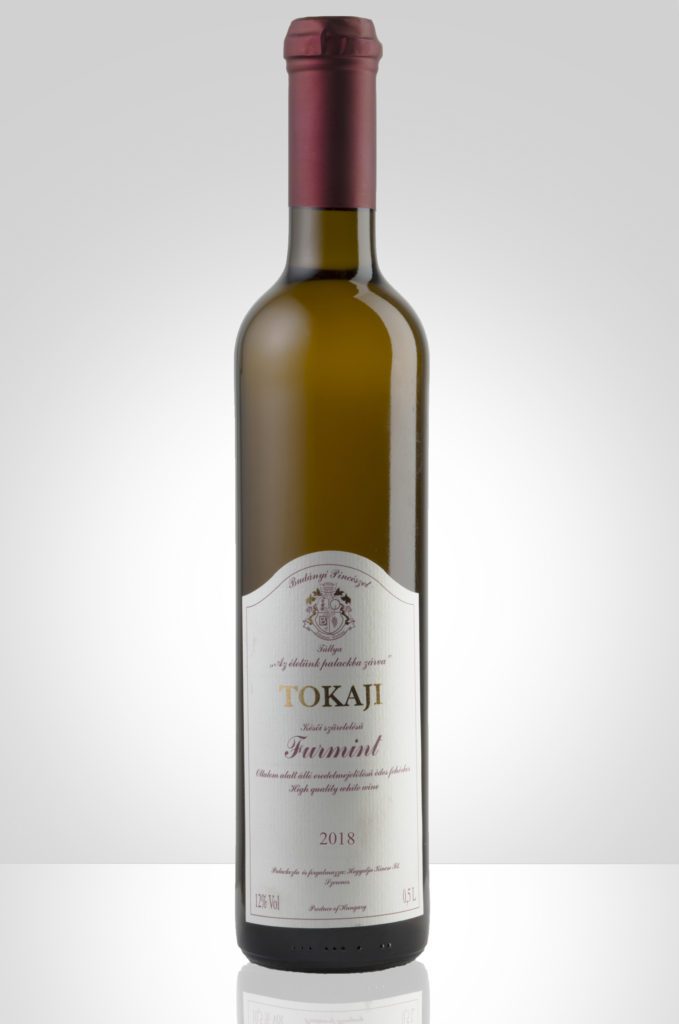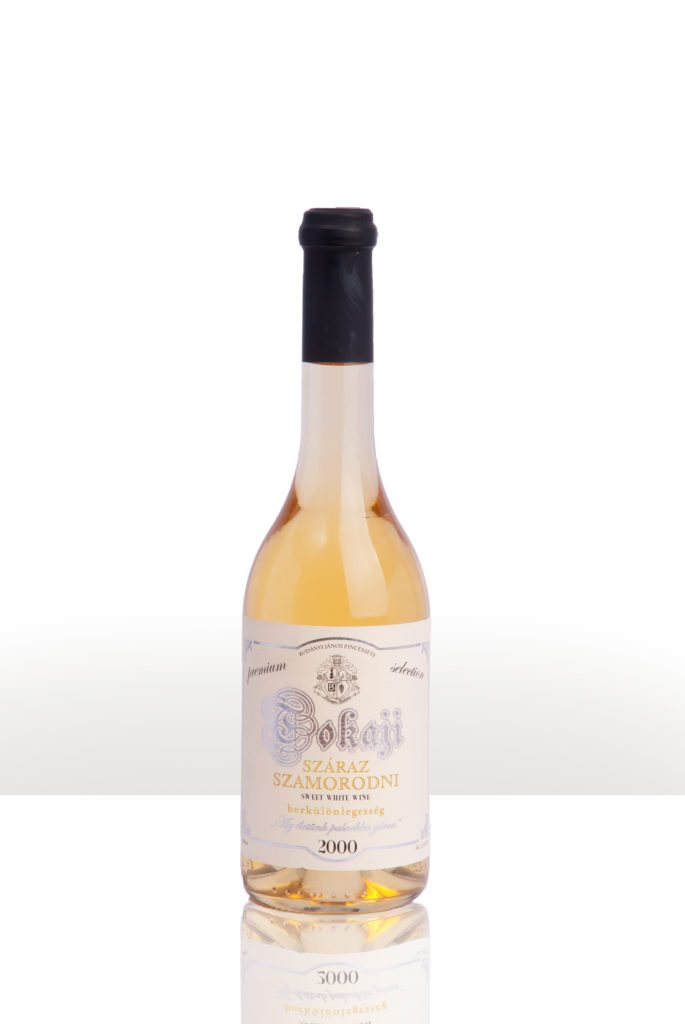Puttony 6 1999
Tokaji Aszu 6 Puttony (1999) is a rare and expensive white wine made from the aszu grapes in Hungary‘s Tokaji region. It is known for its intense sweetness and complexity, with a golden color, aromas of dried apricots, honey, and spicy notes, and flavors of honey, orange marmalade, and dried fruits. It is best served chilled and pairs well with desserts such as cakes, tarts, and ice cream. Tokaji Aszu 6 wine is a rare and sought-after sweet wine. It is made from hand harvested botrytized grapes and is aged in oak barrels. Tokaji Aszu 6 is intensely sweet, with a rich and complex flavor profile of dried stone fruits, nuts, and honey. The wine has a deep amber color, and is considered to be a luxurious, prized dessert wine. It is often served alongside foie gras, and is the perfect accompaniment to a rich and indulgent meal. Aszu Essencia is best served chilled. Read about the health benefits and royal Tokaji Wine family history referred to as the Budanyi Winery.
Tokaji Aszu Essencia History
Tokaji Aszu 6 wine is the most sweet wine out of the Tokaji Aszu collection below the Essencia collection. Aszu wines are one of the oldest and most famous wines in the world. It has a long and complex history that dates back to the late 16th century in the Tokaj region of Hungary. The Tokaji Aszu wines are made from noble rot infected grapes, called aszú grapes. The Aszu wine is a sweet, golden-colored dessert wine made from the botrytized grapes. The production of Tokaji Aszu wines began in the late 16th century and was popularized by the court of Louis XIV. It is believed that the Tokaji Aszu wines were served to the King of France on a regular basis. The wine quickly became popular throughout Europe, and eventually spread to the United States in the early 20th century. In the 1700s, the Tokaji Aszu wines were classified into five categories based on the amount of noble rot-affected grapes used in production. The highest quality wines were reserved for the aristocracy, while the lower quality wines were more accessible to the public. The production of Tokaji Aszu wines declined during the 20th century, due to the economic and political turmoil in Hungary. The wines were finally revived in the 1990s, when the region was re-established


